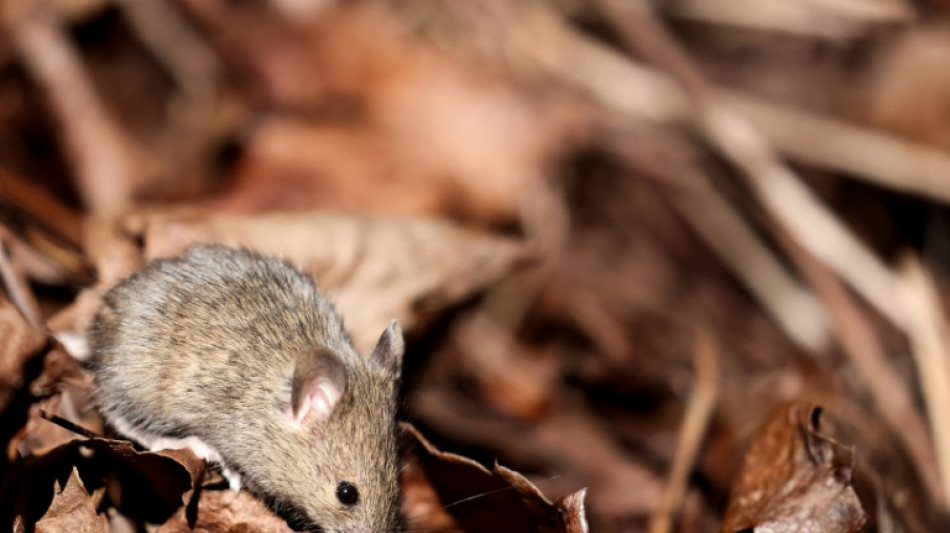
VOD
-0.0200


Covid-19 infection causes changes to sperm in mice that may increase anxiety in their offspring, a study released Saturday said, suggesting the pandemic's possibly long-lasting effects on future generations.
Researchers at the Florey Institute of Neuroscience and Mental Health in Melbourne, Australia, infected male mice with the virus that causes Covid, mated them with females, and assessed the impacts on the health of their offspring.
"We found that the resulting offspring showed more anxious behaviours compared to offspring from uninfected fathers," the study's first author Elizabeth Kleeman said.
The study -- published in the peer-reviewed journal Nature Communications -- found that all the offspring from Covid-infected fathers exhibited those changes.
In particular, females showed "significant changes" in the activity of certain genes in the hippocampus, the part of the brain that regulates emotions.
This "may contribute to the increased anxiety we observed in offspring, via epigenetic inheritance and altered brain development", co-senior author Carolina Gubert said.
The researchers said their work was the first of its kind to show the long-term impact of Covid infection on the behaviour and brain development of later generations.
It found that the virus altered molecules in RNA in the fathers' sperm, some of which are "involved in the regulation of genes that are known to be important in brain development", the institute said.
"These findings suggest that the Covid-19 pandemic could have long-lasting effects on future generations," lead researcher Anthony Hannan said.
But further research was needed, including on whether the same changes occur in people, he added.
"If our findings translate to humans, this could impact millions of children worldwide, and their families, with major implications for public health," Hannan said.
The Covid pandemic, which took hold in early 2020, is known to have caused more than seven million deaths worldwide, according to the World Health Organization. The true toll is likely far higher.
Both the disease and official responses to it are known to have had deep impacts on mental health globally.
Research has shown that younger people, who were forced into isolation during a key social period of their lives, took the biggest mental health hit.
And a review of around 40 studies across 15 countries, published in the peer-reviewed journal Nature Human Behaviour in 2023, found that children had still not made up the learning gaps caused by pandemic-era disruptions to their education.
X.So--ThChM